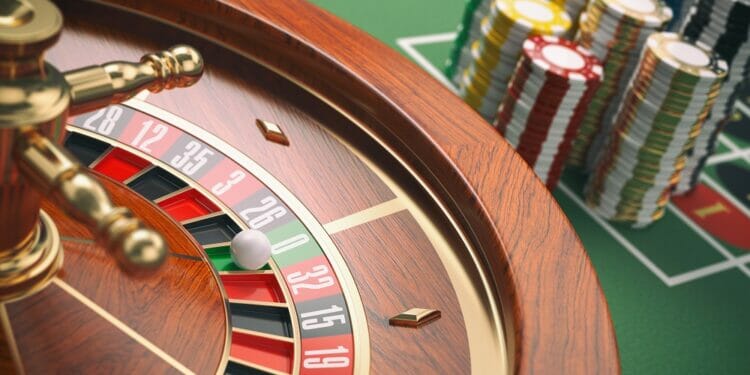Casinos – especially those in Las Vegas – have a reputation for being exciting, glamorous, and opaque with how they work. Nowadays, most modern casinos seem like indoor amusement parks geared for adults, with musical shows, lighted fountains, large shopping centers, and even lavish hotels situated nearby. But how do casinos even work, and what can customers expect when they go into one? This article attempts to explore the questions below.
Casino Business
Essentially, a casino is a public building where many different games can be played by patrons. A vast majority of games are based on gambling. At the same time, most modern casinos add a host of amenities such as restaurants, stage shows, and free drinks, which not every casino does. Despite that, they would still be considered casinos. Unsurprisingly, with so many people partaking in gambling, an enormous amount of money changes hands in casinos every year. That being said, the only true ‘winner’ remains the casino itself. This is because, in order to earn money, casinos have a built-in statistical advantage.

While this edge is often very small (usually lower than two percent), it can compound over time. This advantage is also known as the ‘vig’ (which is short for vigorish) or the ‘rake,’ depending on what games patrons are playing. Furthermore, the exact number of advantages will also be based on how players play the game or the payouts on slot machines or video poker. This is important to remember, so gamblers are prepared to only risk the funds they can lose. As such, it is essential that bettors should only trust their money with legitimate brands.
Games
There a many different types of games that can be played in casinos. In fact, a few innovative and creative casinos may even specialize in inventing new games to attract more customers. Most games that are allowed to be played have to be regulated by state laws. Here are a few of the most common casino games below:
Slot Machines
These are the most popular casino games, and they earn a larger proportion in comparison to any other game. Part of the appeal of slot machines is due to their simplicity. The only thing a player needs to do is put in some coins, pull a handle, or push a button and wait for results. There is no need for skill or strategy, so even beginners and first-timers can try it out. If the right pattern on the reels comes up, the players will win a predetermined amount of money.
Blackjack
This is one of the easier table games to play in a casino. The object of the card game is to get a hand of cards with a value that is close to 21 as possible (without going over). Only the value of the cards is counted, not the suit – so cards with pictures are worth 10, and an Ace can be worth 11 or one, depending on the player. Experienced players can minimize the house advantage by counting cards or using a strategy but be warned that a casino can still throw people out if they are suspected of card counting.
Roulette
This is another classic casino game. Invented by the French, the spinning wheel is divided into 38 spaces, with each space being numbered from one to 36. The last two spaces are numbered 0 and 00. They are also divided into red and black colors. A metal ball is dropped onto the spinning wheel and eventually lands in one of the spaces. Players will take bets on which space the ball will land in. Bets can be placed on single numbers, combinations, even or odds, red or black spaces, or more.

Staff and Management
Another thing that customers should know is the breakdown of staff and management in a casino and how much work it takes to keep it going. Here are just a few of the positions necessary to maintain a casino:
· Clerks: These positions usually involve manning the restaurant counters and gift shops or helping ring up purchases.
· Security: Casinos tend to require a lot of security personnel because so much money is floating around. This makes the place attractive to thieves and burglars.
· Coin Counting: This is another part of a casino’s daily operations. As the place goes through thousands of coins daily, casinos require some method to be organized and count coins efficiently.
· Dealers: These include roulette dealers, blackjack, baccarat, and a variety of other casino games.
· Upper management: These are the ones in charge of making all the large decisions to keep the casino in business.
· Support Staff: These include lawyers, medical professionals, secretaries, and even IT. So long as they help to support the casino’s infrastructure, they can be considered support staff.
· Pit Bosses: These include all the ‘middle-management personnel of the casino.









